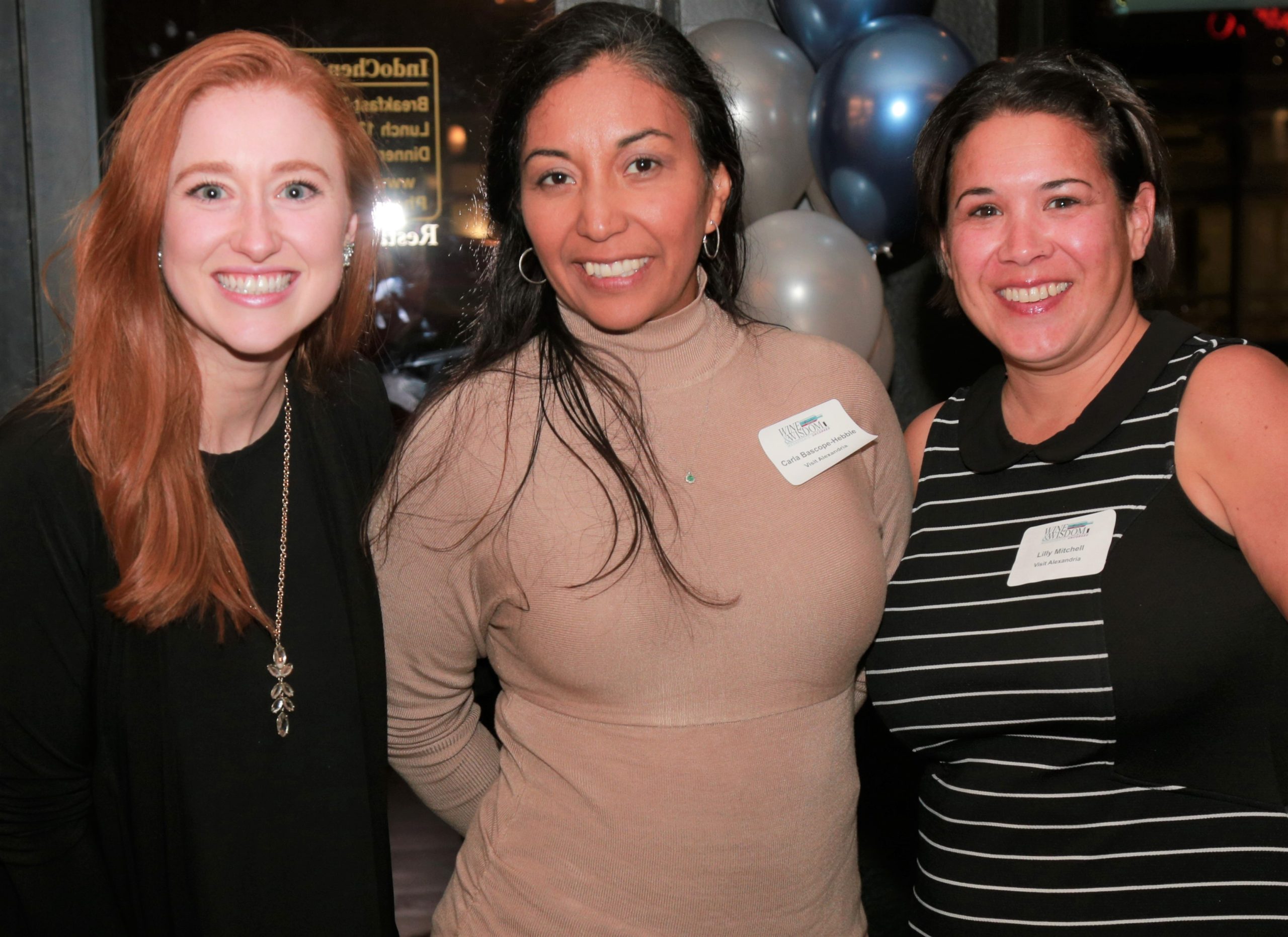General Stan McChrystal of McChrystal Group on the importance of integrity, balance and digital communication.
This interview is part of Visit Alexandria’s series, Leadership Insights During COVID-19: How 7 Alexandria Leaders Navigated a Global Crisis. Read more interviews in this series here. The McChrystal Group is a member of The Leadership Collection at Alexandria™:
General Stan McChrystal
Founder and CEO, McChrystal Group
New York Times Best-Selling Author
Q: What leadership principles did you practice that led you to where you are in your professional career?
A: I will emphasize the principles that I was taught – the ones that are most important to me.
- Lead for other people. They call it servant leadership now. Keep that as a base foundation for everything. That’s why you are doing it.
- Lead by example. If you want people to act a certain way, you have to exhibit that behavior. McChrystal has about 80 people and every one of us defines McChrystal in the line of work we touch. So, if someone meets one of us, in a sense they meet all of us. If they have a good experience, they extrapolate positively, and the other way around. Show people what you want and extrapolate the experience.
- Lead with integrity. In a traditional sense, integrity means honesty, but it also means consistency. It means that you adhere to your values but are willing to step away from them when it’s in your best interest.
Q: When you were a child, what did you dream of being as an adult? Did you always want to be in a leadership role?
A: I always wanted to be a soldier from my first memory, because my father was a soldier and a leader, and his father was a soldier. I never really considered anything else. I never had a different aspiration, and I still don’t. The things I wanted to be then turned out be comfortable for me in life and remarkably unchanged.
Q: What principles did you follow to lead your team, stakeholders, clients and members during the last few months?
A: I think that those of us who are older had a bit of an advantage due to experiences we have had before. In my life, I have been through economic crises and some wars, which were very difficult.
The first thing that the last few months had me thinking was that crises come and go, and you get through them. That is not how you always feel in a crisis, particularly if your first crisis is a pandemic. As an organization, one of the first things we did was say, “We are going to get through this, and we will exist at the end of this.” But then, we were very honest about the fact that we didn’t know what impact the pandemic would have on our business or our personal lives, so we weren’t going to lie and say we did. That was very important, so you don’t lose credibility.
Much of our sense of security and confidence comes from interacting with others. However, when you are working from your kitchen or basement, you don’t have that security. We made a very dedicated effort to communicate. We currently have a regular call with the entire staff to connect and share general updates. The idea is that no one should feel isolated. We think that this is more important now than ever before, since we don’t have the day-to-day interaction that we did in the office before COVID-19.
Q: What new skills and lessons did you learn during the pandemic? What will you implement as we move toward recovery?
A: We were already digitally savvy as a company since we have employees all over the country. We have always used technology effectively, but this took us to a different level, particularly in our communications with clients. We have upped our game virtually, and I can do speeches virtually multiple times a day.
We have learned to be more disciplined with Zoom calls, but when we go back into the office fully, I believe we are going to have increased hybrid training. I think we will still get together in person, but the virtual world of communicating will still be present. One of the biggest costs in consulting is travel, and if we can bring that down, we can do more.
We are also building a studio at headquarters as we move into a more hybrid model.
Q: How would you describe your leadership style, and what did you have to amend during the pandemic crisis?
A: I have probably been evolving as a leader because my role is much different than it was in my early career. Before, I was an operator and was driving people. People would complain because I was a “driver” (guilty as charged). I am now at a level where I am more of a “motivator,” and even at McChrystal Group, I try to provide general guidance because we have other people in driver roles.
The most important thing is to make everyone feel important. I always tell a story about me playing JV basketball at Washington & Lee, when I sat the bench because the coach only played a certain number of players. The problem was, we lost all our motivation. That stayed with me the rest of my life. The key is to make everyone feel responsible, included and just as important as anyone else.
Q: How do you personally recharge and let go of stress?
You would think not traveling and having a predictable schedule would allow you to de-stress, but I actually grew more stressed during this period.
In the morning, I work out for two hours to start the day, and then my wife and I sit in our living room right here in Alexandria (and in the winter, in front of the fire) and we read. We do that for about an hour or an hour and a half. I find that it helps us deflate the balloon. The nights we don’t get to go through that routine, we realize we really need that de-compression. I am typically reading about 3 books at once – I like biographies and memoirs.
Q: Is there anything you would want to add about how things will evolve?
A: This year, we have been able to slow down and have perspective. For example, here in Alexandria, we have seen how the sense of community has become more important, and reaching out to my network has become more important.







